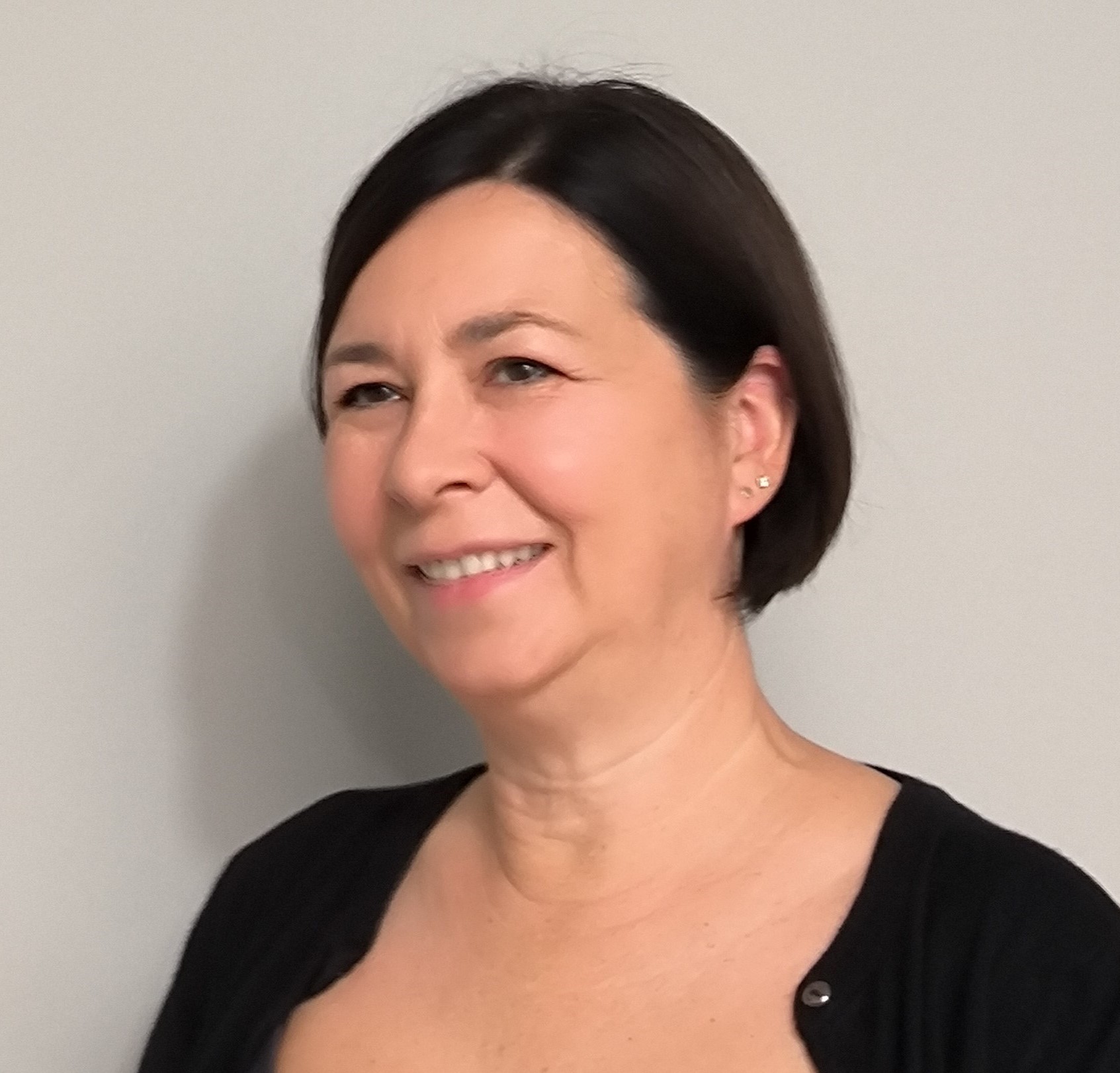Participation and engagement in self-selected leisure activities following stroke
Kathryn Jarvis – Senior Research Fellow, University of Central Lancashire (UCLan)

Mental Health Early Career Researcher Development Fellowship with the Equitable Place-Based Health and Care (EPHC) theme
Background: Stroke is a leading cause of disability with approximately 100,000 people in the United Kingdom experiencing a stroke each year and 1.3 million people living with stroke. Depression is a common consequence of stroke, detrimentally impacting participation in leisure activities despite leisure offering potential physical and mental health benefits for this group of stroke-survivors. Previous work by members of our study team demonstrated that stroke-survivors have unmet leisure needs, with females, people who are older, and those who live in an area of greater deprivation experiencing a greater decline in leisure participation. Previous studies have failed to identify interventions that effectively increase sustained participation in leisure activities following stroke. Social prescribing aims to co-design a plan to improve health and well-being, but does not focus on leisure activities and has barriers for people living with long term conditions.
Research aims and objectives: The long-term project aim is to develop a leisure intervention to increase access to meaningful and valued leisure activities (also known as leisure occupations) following stroke. Leisure activities range from sedentary activities such as listening to music and embroidery to physical activities such as basketball and hill-walking. Individuals should be enabled to choose leisure activities (occupations) that are meaningful and pleasurable to themselves; the proposed work will ensure this is a key part of the intervention.
This phase of the project will aim to:
• gain an understanding of the extent and type of evidence available concerning leisure interventions post-stroke, through the utilisation of a scoping review (Arksey & O’Malley, 2005) methodology.
• explore stakeholder views and identify key principles and features of a leisure intervention following stroke.
Methods:
• Workstream 1 – Scoping review of current literature
A scoping review will be conducted to gain an understanding of the extent and type of evidence available concerning leisure interventions post-stroke. The review will explore evidence of any category of leisure activity intervention or therapy. Findings from the review will take into account measures of effectiveness, acceptability, barriers and facilitators, or identified gaps in the research. Initial scoping searches have indicated that the available evidence is diverse in respect to the interventions that have been studied, therefore, a narrative analysis will aim to comprehensively describe previous research and the outcomes of these studies.
• Workstream 2 – Consultation event
Key stakeholders including stroke-survivors, carers, clinical, academic, and third sector organisation professionals, will be invited to a one-day event to explore views and identify key principles and features of a leisure intervention following stroke. The stakeholder group will consider the findings of the scoping review and will consider key questions about leisure activity interventions post-stroke, their implementation and effectiveness. Data from the consultation event will be collated throughout the day by facilitators/note-takers. This information will be presented as a report from the day and will aim to capture key features that should be part of a leisure intervention. All participants will be given opportunity to review the report for accuracy, and comment as required.
Patient and public involvement: One of the key objectives of the consultation event will be to gain views from all stakeholders. Central to this will be stroke survivor and carer experiences. We already know that some groups are more disadvantaged in terms of leisure participation following stroke than others. We will, therefore, invite stroke survivors and carers who are able to represent these groups at the consultation event. We are hoping that stakeholders, including stroke survivors and carers, attending the consultation event will continue to be involved in the subsequent development of the leisure participation intervention and the design of the related research studies.
Potential impact: There is a need to identify ways to increase participation following stroke. The work in this Fellowship aligns well with current priorities for stroke (https://www.jla.nihr.ac.uk/priority-setting-partnerships/stroke/stroke-rehabilitation-and-long-term-care-top-10-priorities.htm). We anticipate that this work will inform a robust and comprehensive funding application to complete the development of a complex leisure participation intervention, to explore acceptability and feasibility of the intervention and undertake a pilot effectiveness study.
For more information, contact kjarvis1@uclan.ac.uk